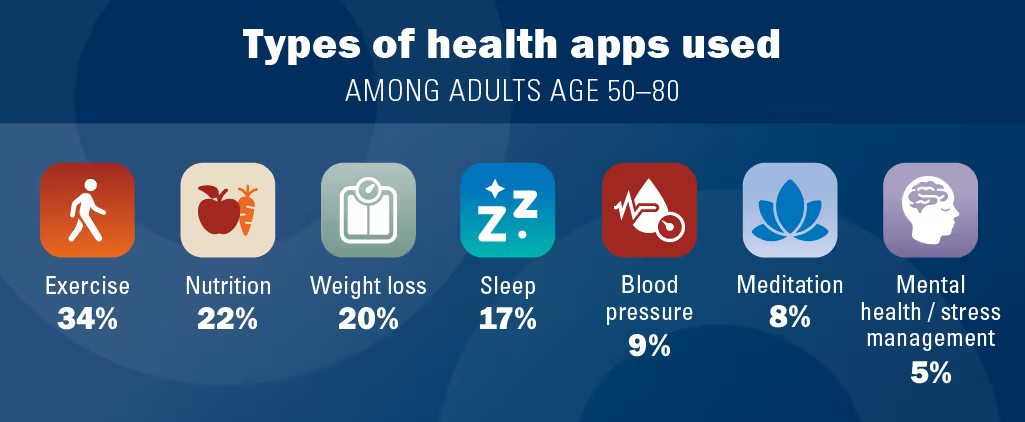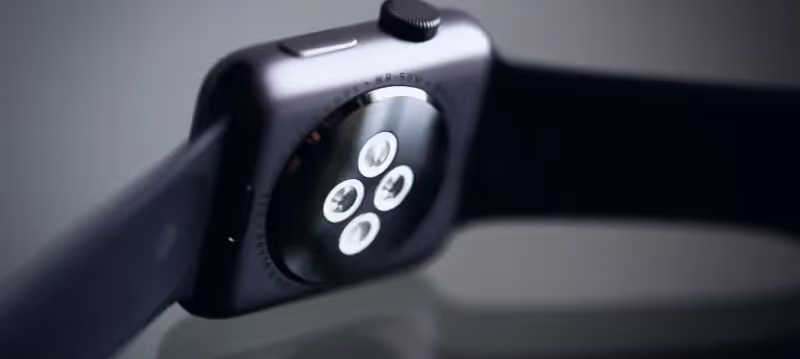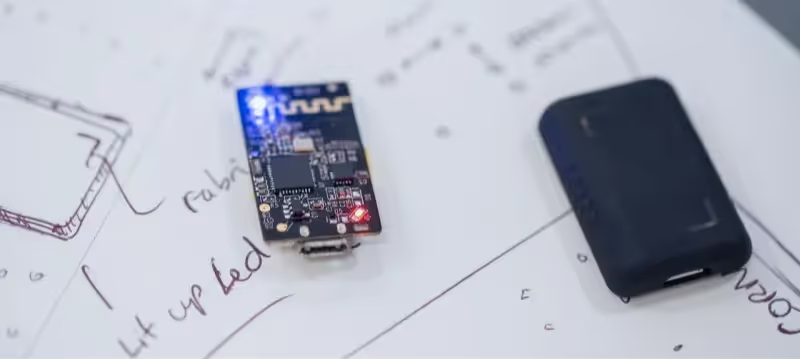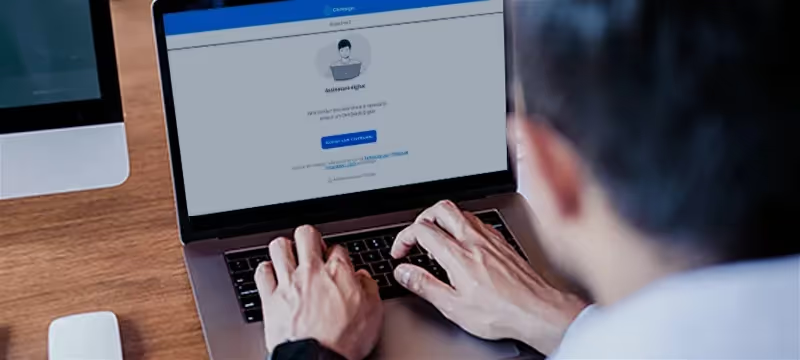Understand the impact of using health apps
The use of health apps has disrupted the medical services industry and it is necessary to reflect on the impacts it has already caused, as well as its prospects and opportunities not only for patients, but also for companies in this sector.
Technology has successfully penetrated every aspect of our lives. Currently, the development of health apps has become increasingly common in the market of Healthtechs, as they offer a variety of services, from tracking dietary habits, monitoring physical activity, detecting symptoms, and even obtaining medical advice.
In fact, the more healthcare apps there are, the more healthcare professionals can use this information to provide high-value care in a customizable way to their patients.
According to Medical News Today, nearly 20% of all smartphone users have one or more health apps installed on their mobile devices. Loosely translated, this means that 500 million people around the globe use an app to track or manage their well-being on a regular basis.
At their core, health apps are divided into three categories:
- General health and wellness apps: such as apps with nutritional objectives that help count calories, with options that track our sleep patterns, and stress management apps that help us calm our minds.
- Telemedicine apps: aimed at offering virtual patient care by licensed doctors;
- Health management apps: such as those that help individuals themselves monitor their health conditions or that allow health professionals to remotely share and report the patient's personal records.
In this regard, according to recent findings, the health apps most used by adults are: exercise (34%), nutrition (22%), weight loss (20%), sleep (17%), blood pressure (9%), meditation (8%), and mental health (5%).

Benefits of using health apps
Many people are getting used to carrying out most of their activities using mobile devices and the Evolution of the market of Healthech helped to ensure that the health sector was not separated from this revolution.
After all, today it's more convenient for people to access information, learn new things, interact, and even negotiate with a device connected to the internet.
Among the main ways in which they are improving our lives and the general well-being of populations, we can mention:
1.Allow immediate access to help with instant connection between doctors and patients
Communication between patients and their doctors has become much easier and more flexible through different mobile apps. The distance barrier has been completely eliminated, giving traction to efficiency and speed in the provision of health services.
2. They established new business models in the sector
Many of the traditional ways of doing things have become outdated, and doctors and other health experts are embracing new ways of doing business. Medical prescription on paper, for example, is now a thing of the past, thanks to digitization of documents and to the cloud-based applications that allow these professionals to easily and quickly prescribe medications through digital prescription.
3. Reduction in health costs
IQVIA conducted a study to assess the impact of consumer-focused health apps on the health system and concluded that “savings could be significant in the future.” The study - based on the North American context - found that the use of health apps and wearable devices could potentially save the U.S. health system by $7 billion a year. Imagine how strong that impact around the world wouldn't be?
4. More convenience and convenience for patients
It's not hard to understand How can digital solutions accelerate this market, after all, with telemedicine, anyone can have access to doctors anytime and anywhere, eliminating the discomfort and stress of waiting long hours in the waiting room.
Plus, they're making it easier than ever to collect, manage, and monitor health information—from MyFitnessPal, a free app that helps people track their calories and monitor their food intake, to Sugar Sense Diabetes, a free app that allows diabetics to track their sugar, glucose, carbohydrate levels, and more.


Sugar Sense Diabetes
5. Ease of data collection
On the healthcare professional side, these apps are also making it easier to collect and retrieve information from patients. In addition, clinics and hospitals that use them are able to access information, medical records, vital signs, prescriptions, and laboratory results remotely, providing insights and reminders much more easily in the search for the best possible treatment.
With just a few clicks, things that used to take hours can now be completed in less than a minute
Without a doubt, it is latent to improving the patient experience through technology. Revolutionizing the health system through effective communication and quality of service, the global Digital Health market estimated at US$ 216.4 billion in the year 2022, is expected to reach a size of US$ 441 billion by 2026, growing at a CAGR (compound annual growth rate or compound annual growth rate) of 18.5% during the analysis period.
In addition, according to a report released by the WHO (World Health Organization), almost half of the people do not have access to adequate health care.
In this way, efficient mobile health apps may be the answer to help bridge that gap significantly.
Therefore, by taking an active role in the response to COVID-19 and its variants, the analysis of this industry is expected to provide actionable performance during the economic recovery phase, allowing organizations to improve operating results and reduce their strategic costs.
So what are you waiting for? If you also want to digitize your processes, as the leading companies in the market already do, Clicksign is the ideal solution to accelerate the growth of your business!
Learn more about how Online Document Signing can revolutionize your processes, take a free test and see how it is possible to make a subscription, with legal validity, in less than 1 minute. Try it, no credit card required!











